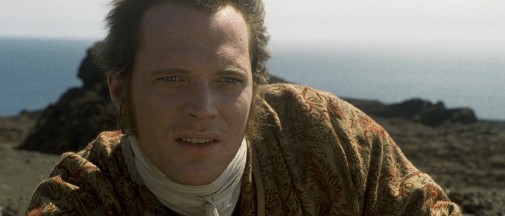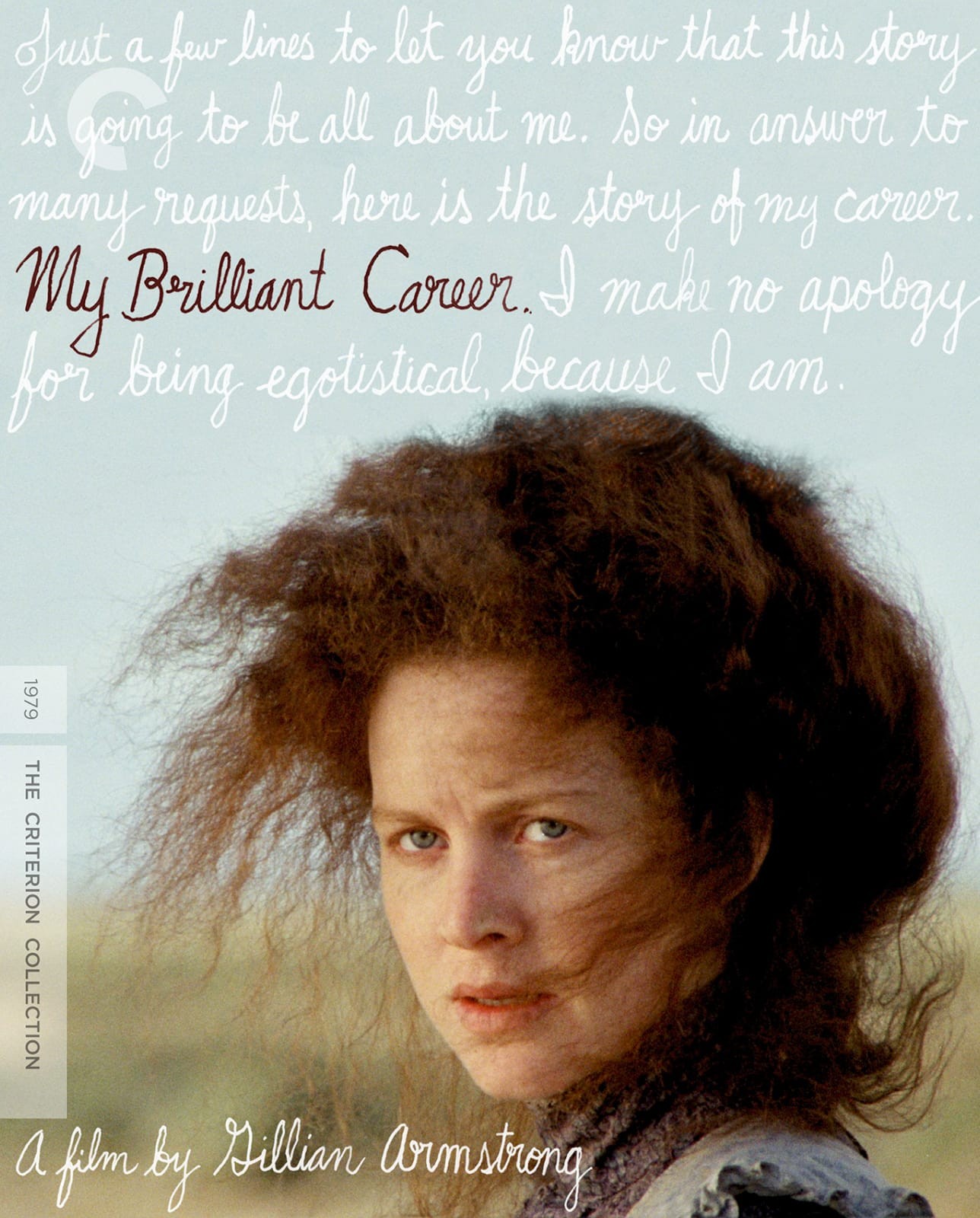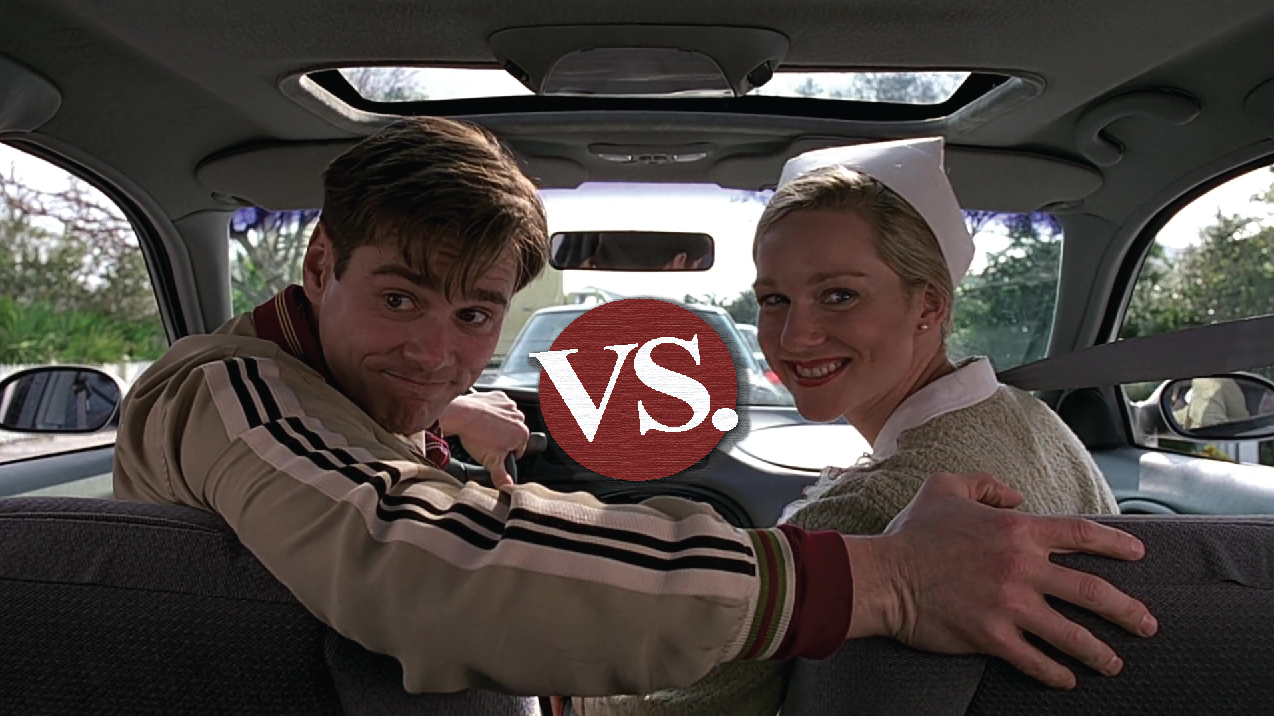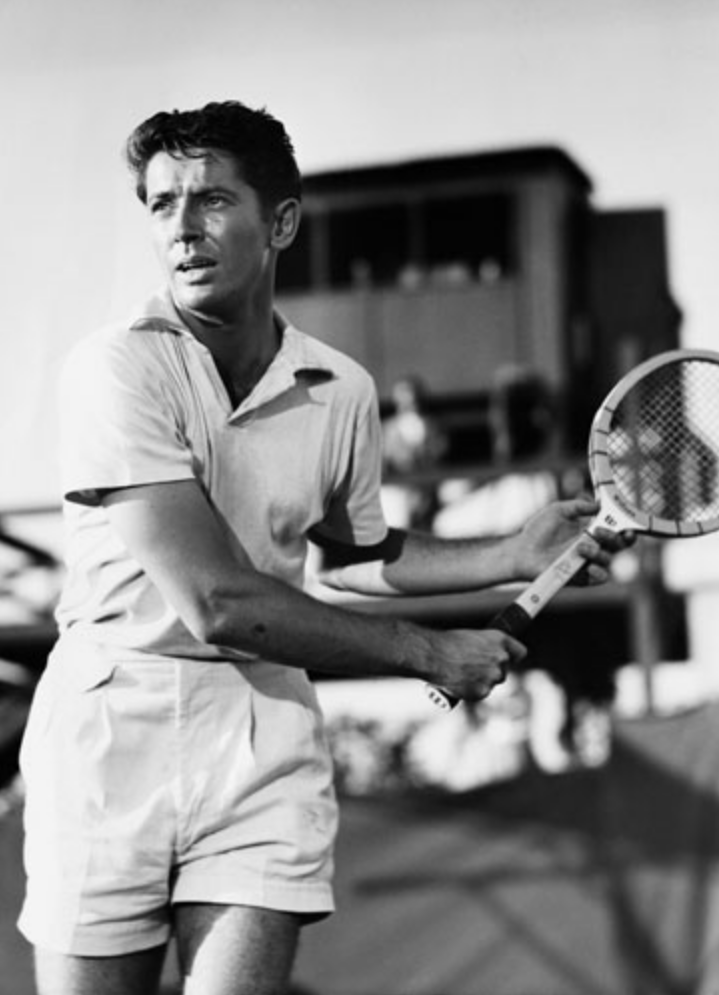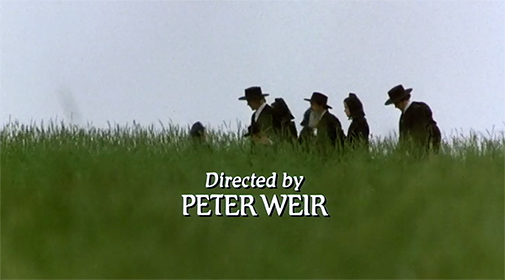Peter Weir's Oscar nominated Witness (1985) was not chosen for our Best Shot series for its title, though that's as apt a logline for this series as any. The title refers to young Samuel Lapp (Lukas Hass, in a sterling child performance) but it neatly doubles as a surprisingly hushed command to the audience out there in the dark.
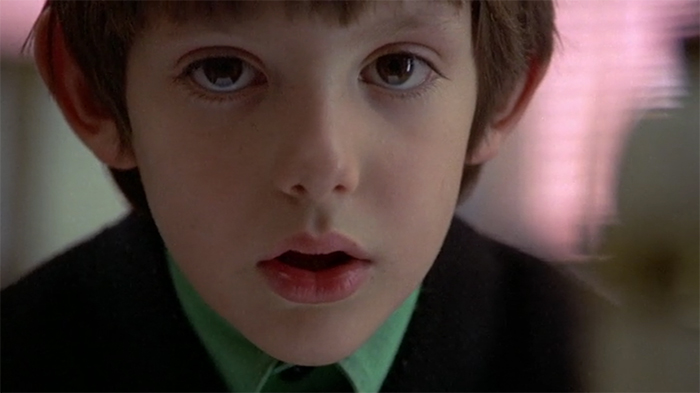 Lukas Haas figures it out at the police station
Lukas Haas figures it out at the police station
The story may spring from an abrupt violent murder in a public bathroom which Samuel sees, wide-eyed, from a bathroom stall but there's very little about the hit drama that is as in your face as its story beats and genre might otherwise suggest. From its earliest longshot of Amish villagers coming into view above a field of grass, to its sublimely casual farewell of its last shot (with two men crossing paths outside the home of the woman they both love), the movie is surprisingly gentle and patient.
Though violence bookends the events and the movie's sheer quality grants it that Oscar ready "Best" scale, Witness is actually something of a miniature. Weir focuses nearly all our energy on watching our good cop hero John Book (Harrison Ford, perfection), live among the Amish as he hides from the bad guys, figuring out his next move, rather than hunting them down. That atypical reserve gives the cop drama a unique contemplative charge within its genre. And Peter Weir and John Seale's beautiful work in composition and lighting keeps you entranced throughout whether you're watching barn raising, peach canning, or cow milking, or a very odd couple (city cop and Amish widow) hoping the other isn't seeing their longing. The light through windows and from sun or (often) lamps is always artfully caressing these marvelous faces (kudos to casting director Diane Crittendon for going with unknowns or barely knowns for the Amish characters and giving Viggo Mortensen his first feature film role). In another amazing shot about seeing, the Amish father finds his daughter and the cop dancing in the barn and they're lit behind by the lamp and the headlights from Book's car. It's one of the only shots that feel theatrically staged but it works because it's so heightened, the father's distorted suspicious understanding and the couple feeling guilty about sins they haven't yet committed.
But it's an atypical shot, in which we're essentially barred from looking, that emerges as one of this great film's most potent images
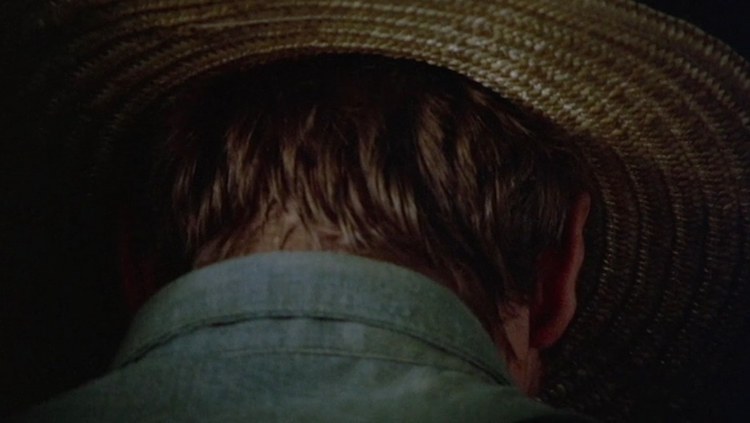 Harrison Ford earns this Oscar nomination.
Harrison Ford earns this Oscar nomination.
In this phone call sequence, John Book realizes that his partner has been murdered. He hangs up the phone and the camera waits behind him as he processes and makes a second far more impulsive call. Though we're not seeing our star in the traditional sense his character and the details of his current situation are laid bare. The barely surpressed rage in his voice and his slew of profanities and threats paired with the camera angle seem to be protecting Book from himself, the way Book self-edits and is careful to behave as a guest in Rachel's home. The crisp details of the image (the textures of that borrowed Amish hat, the sweat on his hair, the minute shifting in his knotted neck) all add indelibly to this frightening flash of a good man letting the beast out.
Tellingly the very next shot of John Book, has him back in the horse and buggy, head bowed momentarily as if with shame. And then he explodes again when he sees a tourist taunting his new Amish friend (Alexander Godunov). Book may not be truly assimilating but his alien experiences are forcefully reshaping him in this exquisitely judged movie.
 Friday, May 28, 2021 at 12:31AM
Friday, May 28, 2021 at 12:31AM 